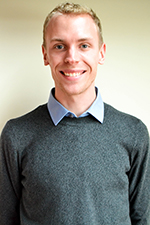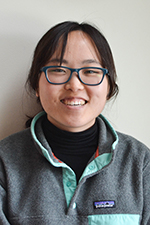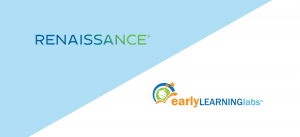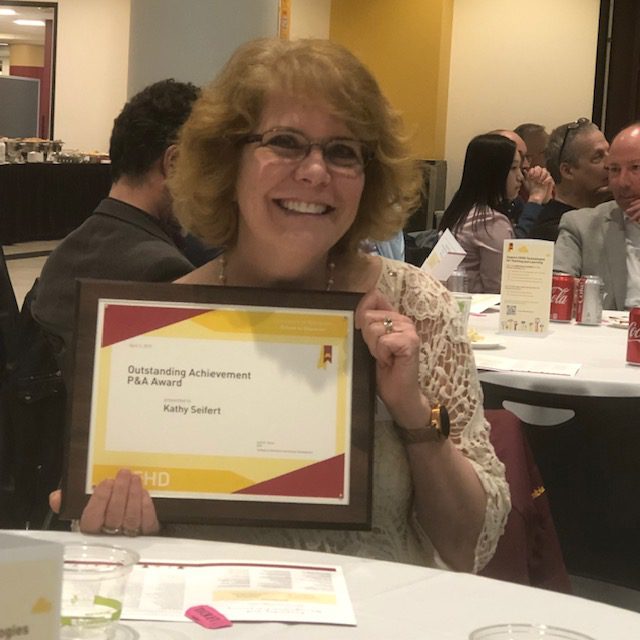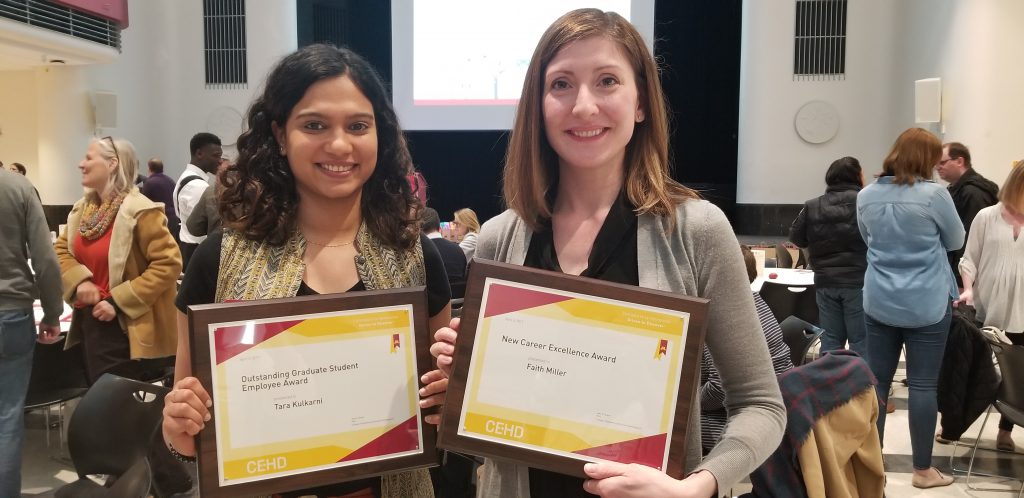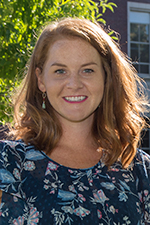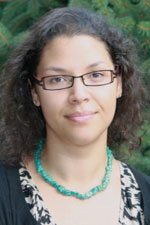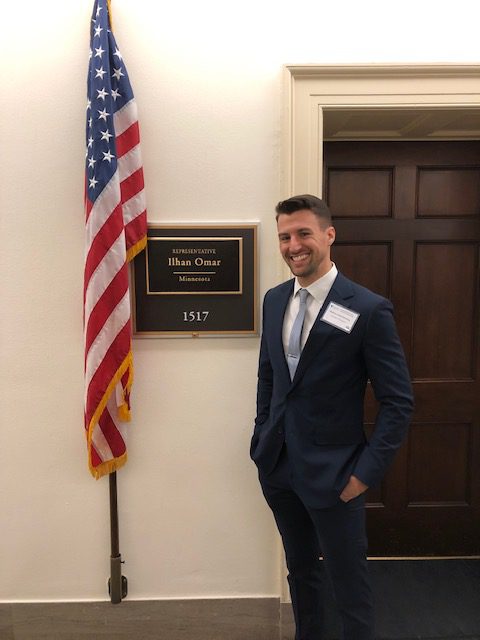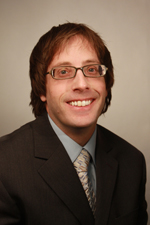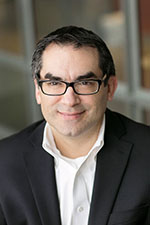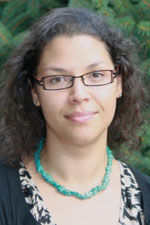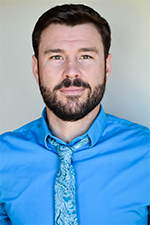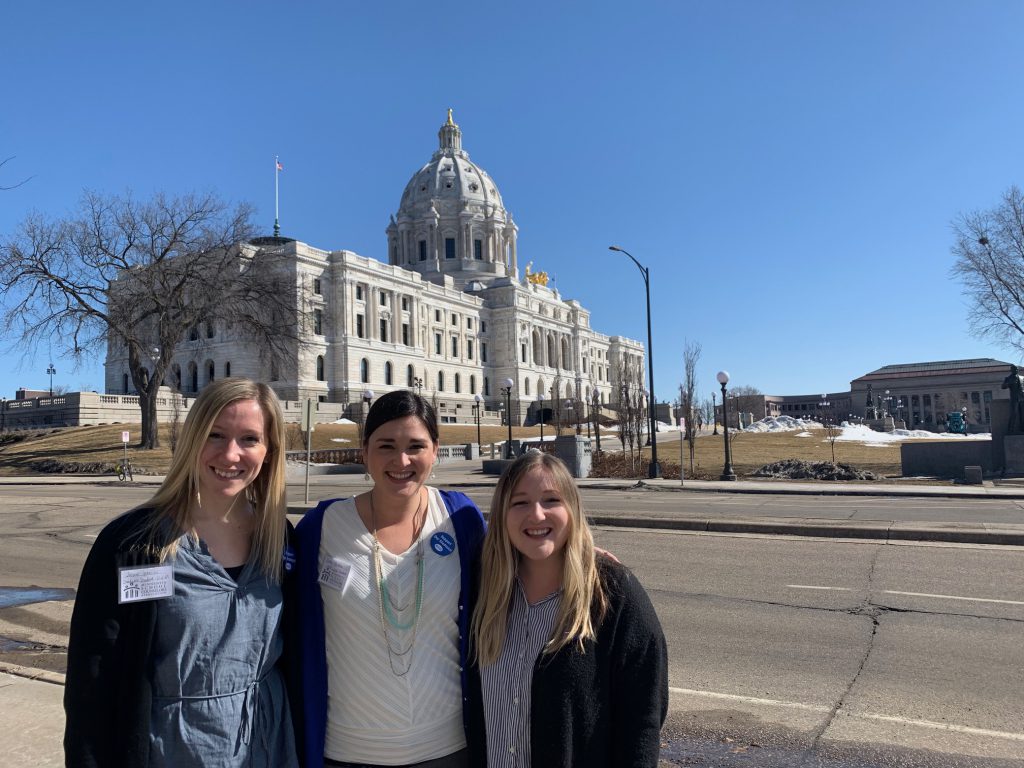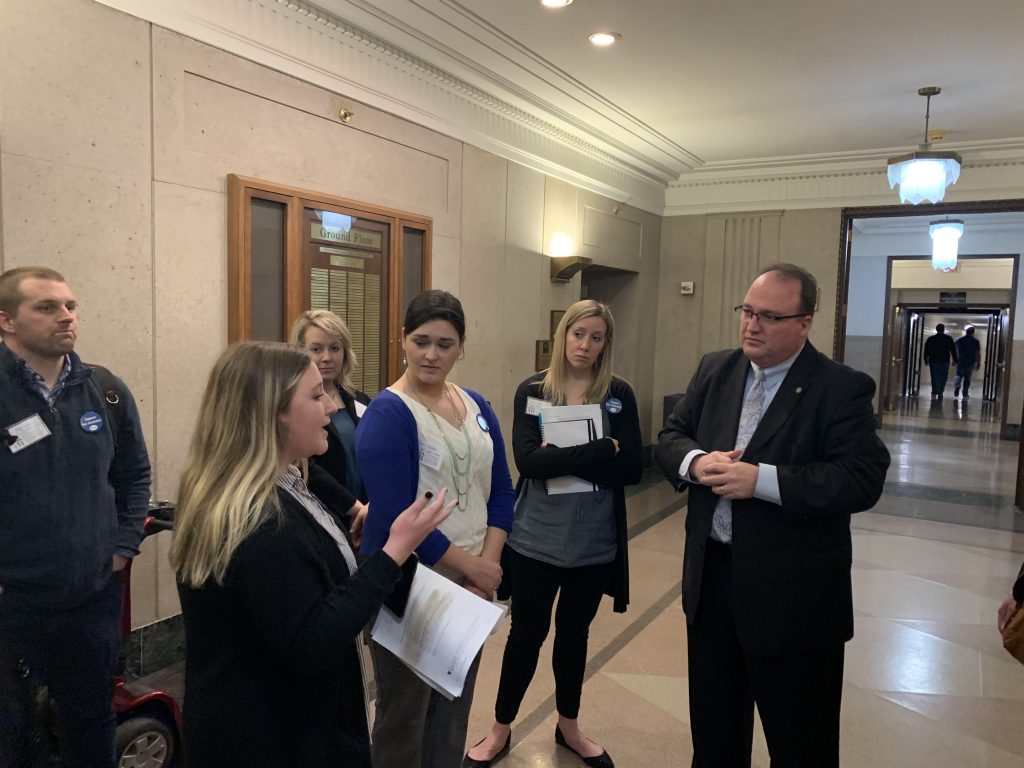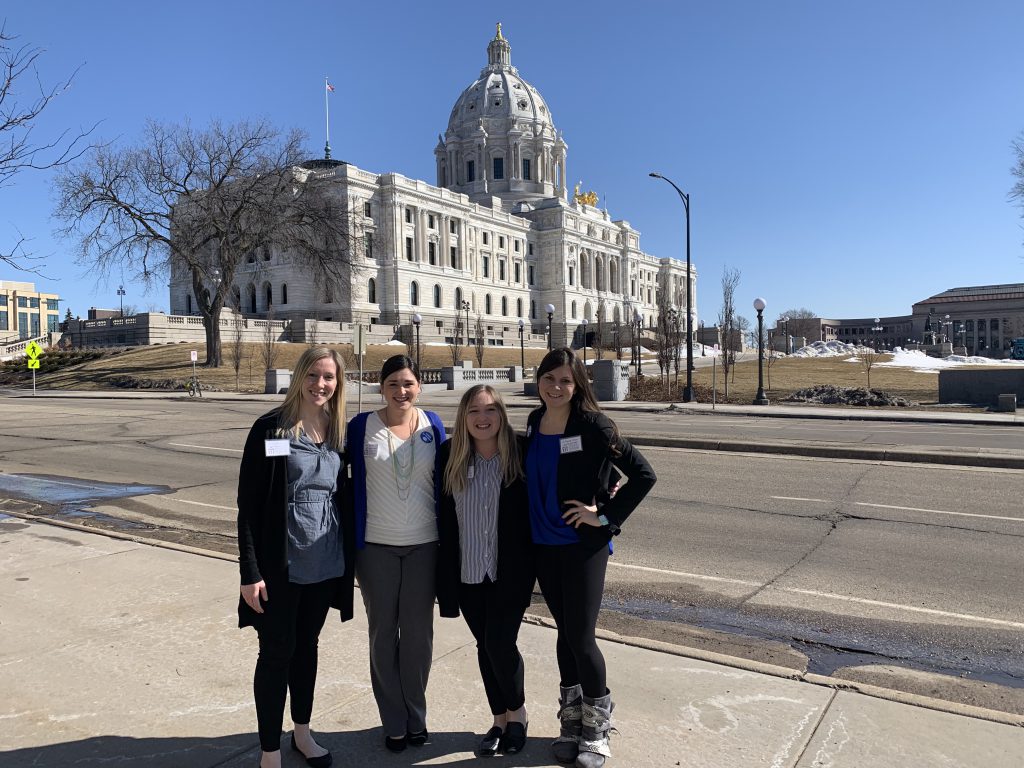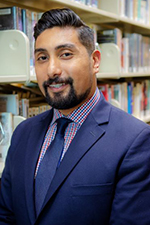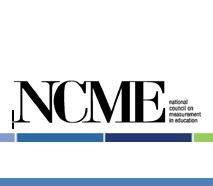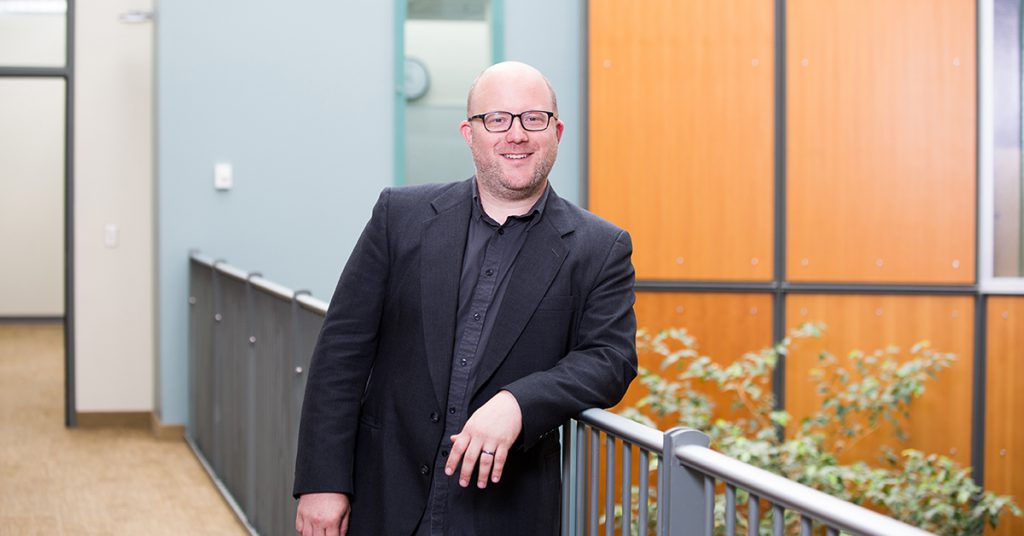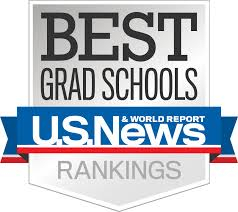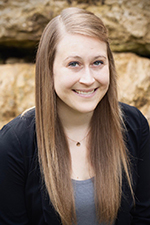
Jessie Kember joined the department last fall as a lecturer in the school psychology program. We asked Dr. Kember about her experience as a student, alumni, and now instructor, in the Department of Educational Psychology.
How did you become interested in your area of expertise?
After my undergraduate career at UW-Madison, I knew that I wanted (and needed!) to attend graduate school to find an area of expertise within the realm of psychology. At the same time, I was not yet decided on a specific program, so I decided to commit two full years to AmeriCorps, during which I served as a tutor coordinator within two local elementary schools. I had the opportunity to explore my interests in education further, met amazing staff and students, and realized that I needed to pursue a position that would allow me to work within the education system. I come from a family of educators, and school psychology provides the best of both worlds for me: education and psychology. Once I was accepted to the University of Minnesota – Twin Cities school psychology graduate program, the rest was history! I am grateful to have come “full circle” and to have landed back in the twin cities.
What is most exciting about your work?
What is most exciting about my work is having the opportunity to learn from students every single day in the classroom. As a first-year instructor, I look forward to each and every class session with students so that I can welcome them with energy and humor in the classroom.
Any specific accomplishments that stand out to you and you would like to share?
This position with this team of people is by far my most valued accomplishment…teaching at the U is my dream job, and I am incredibly grateful to have the opportunity to work alongside the school psychology faculty.
What advice would you give students?
I hope to continuously encourage students to communicate with those in their classroom community, including their professor/instructor. I learned as a graduate student the importance of asking others for help, assistance, and support. We can all learn something from those around us.
How do you briefly explain your area of expertise to someone outside the college?
Although I am not currently in a position in which I conduct research actively, my area of expertise (with respect to research) is sexual minority students and resilience. Specifically, I am interested in the school experiences of sexual minority youth (i.e., non-heterosexual and non-binary students), the experiences and characteristics that allow these individuals to thrive, and the ways in which educators can support these (and all) students.
Do you have any hobbies or special interests outside of work?
I love to cook! Any evening that I can spend exploring a new recipe in the kitchen is a perfect night to me. I also enjoy playing tennis, spending time with my dog Radar, hiking, trying new restaurants, and live music.

